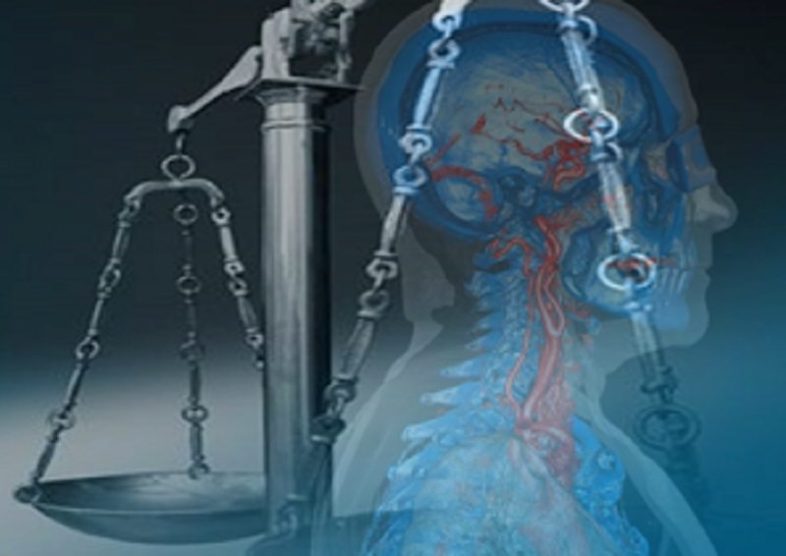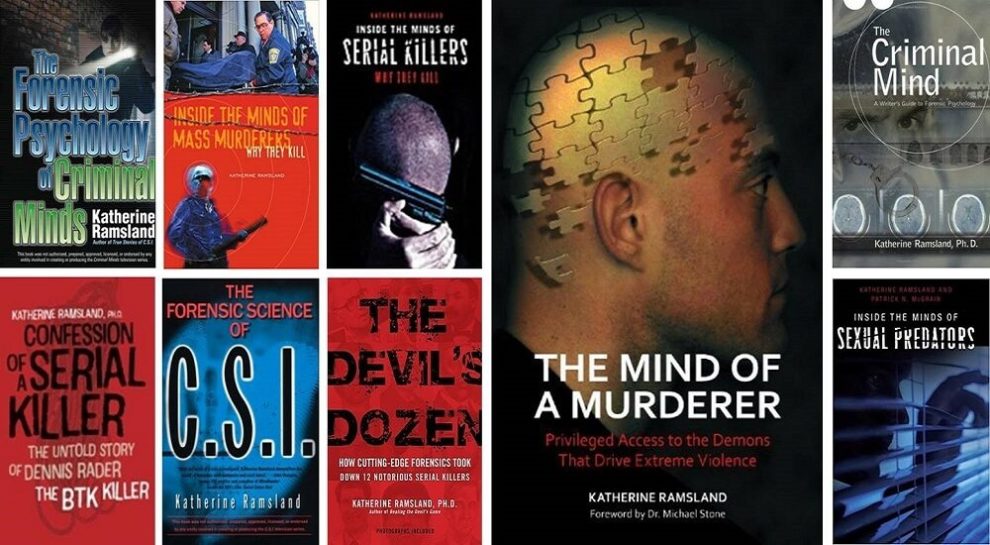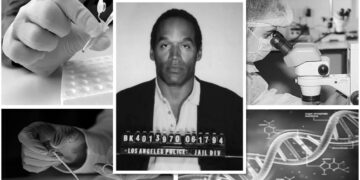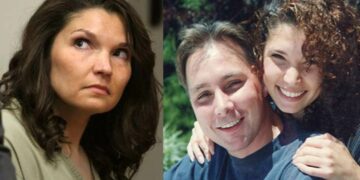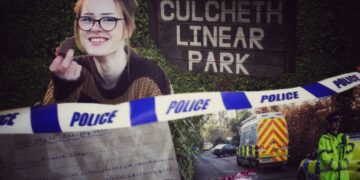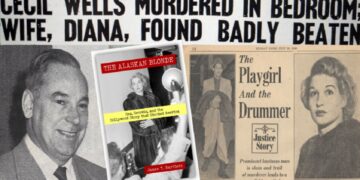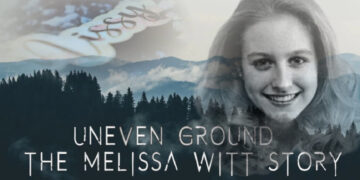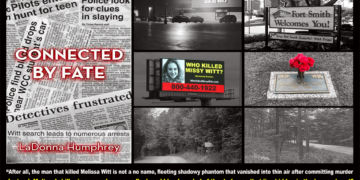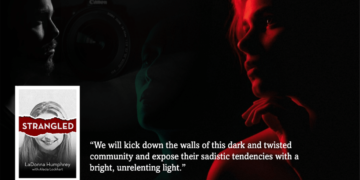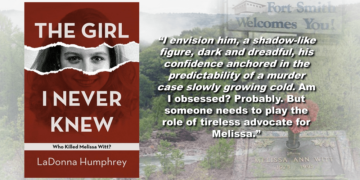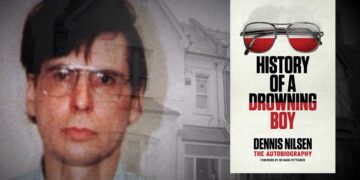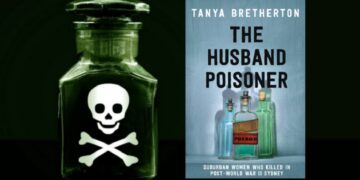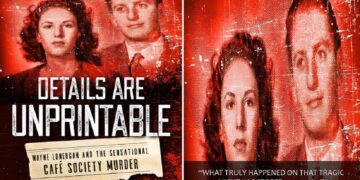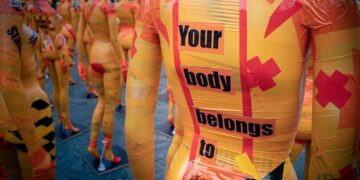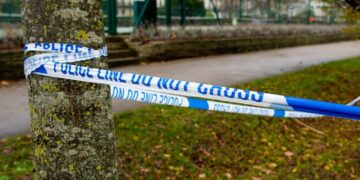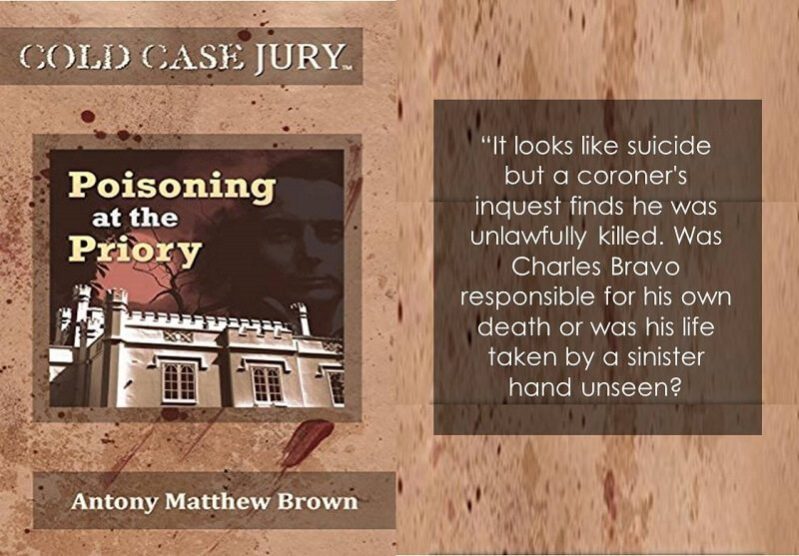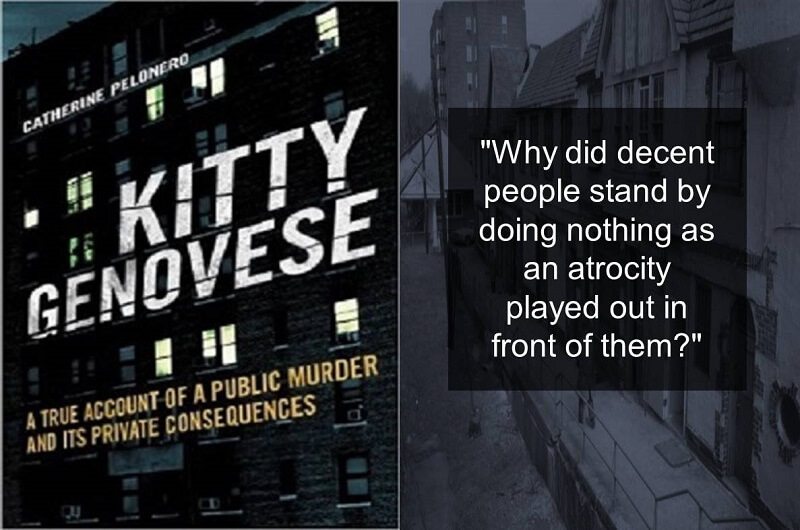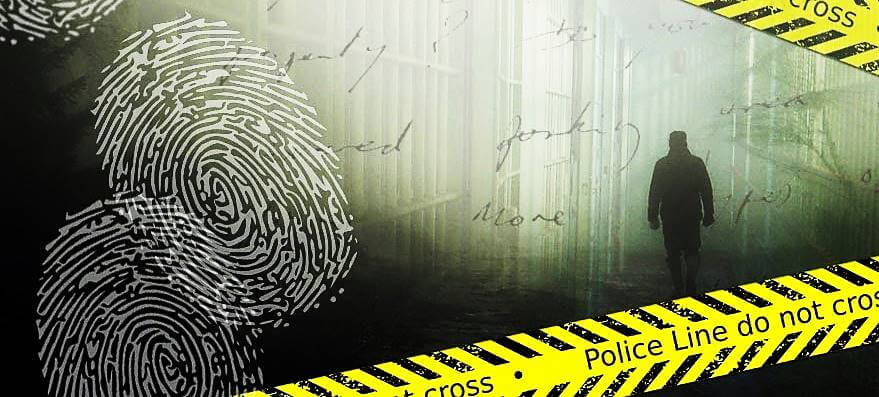March 13, 2021, marked the 25th anniversary of the appalling shooting massacre at a primary school in Dunblane, Scotland.
The death of 16 young children and their teacher was a horrifying moment in the UK. The tragedy ultimately prompted an almost total ban on the private ownership of handguns. And as many parts of the world continue to ask what it will take to prompt similar bold thinking about gun control, it’s worth looking back at how it happened.
Britain’s first mass shooting took place some years before Dunblane. In small town in Berkshire a man had killed 16 people in 1987.
However, this incident did not prompt major change. In the aftermath, the gun lobby managed to fend off demands for tighter gun control. Automatic rifles were prohibited (the Hungerford killer had used an AK47 variant assault rifle, hardly a civilian rifle) but the Firearms Consultative Committee, full of shooting lobby representatives, was established to advise the government on “firearm safety” issues. “Safer shooting” was its priority, rather than gun control.
After the Dunblane massacre, there were calls to ban handguns. This time, lobbyists couldn’t dismiss the tragedy as a “one off”. The fact that the victims were almost entirely five- and six-year-old children prompted unprecedented outrage and made it difficult for lobbyists to decry tighter controls as a “knee-jerk reaction”.
The government of the time sought to manage the issue by establishing a judicial inquiry. However, a grassroots campaign called Snowdrop forced MPs to reject the inquiry’s cautious compromise proposals and parliament voted for a ban on handguns exceeding .22 calibre (as used to such lethal effect at Dunblane).
Lessons for the future
No part of the world remains untouched by mass firearm violence. Political scientist Steffen Hurka has studied mass shootings in Europe, revealing that only some incidents lead countries to tighten their gun laws. He has found that the emergence of a political “champion” (such as the Snowdrop campaign that had so much impact after Dunblane) has been particularly significant in prompting reform. This is especially the case if that champion is embraced by a mainstream political party.
In effect, this is what happened after Dunblane, with Tony Blair’s New Labour adopting the call for change. According to Hurka, change is even more likely when a general election is looming. New Labour won the 1997 UK general election and honoured its commitment to legislate, banning virtually all handguns in 1998.
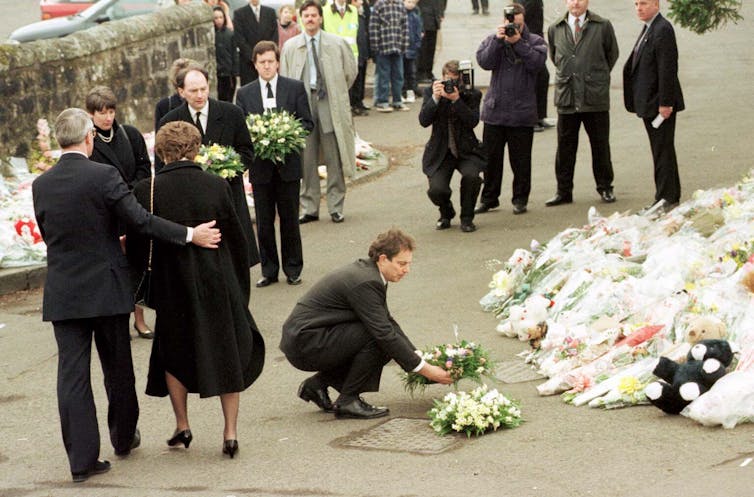
By contrast, reform may be thwarted if there is strong opposition from a powerful and organised gun lobby (and a significant firearms industry). Widespread gun ownership and an active “gun rights” culture can also serve to frustrate policy change.
It has been argued that, in the US, following mass shooting incidents, it is possible to detect a so-called “shooting cycle” at work. Opposition only has to stall pressure for change for a relatively short while to be effective. As the days and weeks pass, the most acute pressure for change tends to fall away, other news stories push the mass shooting from the front pages and the “shooting cycle” closes, the reform opportunity lost.
All this helps explain the limited progress towards gun control in the US and after Hungerford in the UK and yet also the fairly dramatic progress of firearms control measures after Dunblane.
Applying the evidence
A growing community of inter-disciplinary gun studies scholars is attempting to draw lessons from these past efforts. We are using the past to try to understand what needs to happen to protect the public and diminish the risks posed by under-regulated weapons. That includes looking at loopholes in gun legislation, inadequate enforcement of existing firearm laws and small arms proliferation and trafficking.
We’re learning more about illicit weapon markets, including supply, demand and pricing. Whereas once the field was dominated by often narrowly conceived American studies, a broad new emerging agenda is now in evidence.
A conference hosted by the University of Arizona in 2017 (held, ironically, only a week after the Las Vegas shooting which left 61 people dead) took this new agenda forwards. By developing a better understanding of a people’s attachments to firearms, the risks associated with poor regulation, firearm proliferation and misuse can be more effectively addressed. Likewise, the connections between an informed research community and political support for sensible gun law reform might also begin to contest the hegemony of the gun rights lobby in the US – meaning the National Rifle Association.
The dangers of weapon proliferation, firearm misuse and the normalisation of gun ownership in many parts of the world suggest there is little time to lose. Almost three-quarters of a million people die (directly or indirectly) as a result of gun violence each year. There are thought to be close to 900 million firearms in the world, with about 10 million being added each year, 95% of them in the hands of men.
There is still much ground to catch up on in stemming the tide of firearms, even in the safest societies. Terrible as it was, the awful shooting at Dunblane 25 years ago was a real wake-up call.
Peter Squires, Professor of Criminology & Public Policy, University of Brighton
This article is republished from The Conversation under a Creative Commons license. Read the original article.











